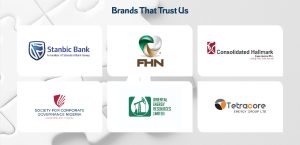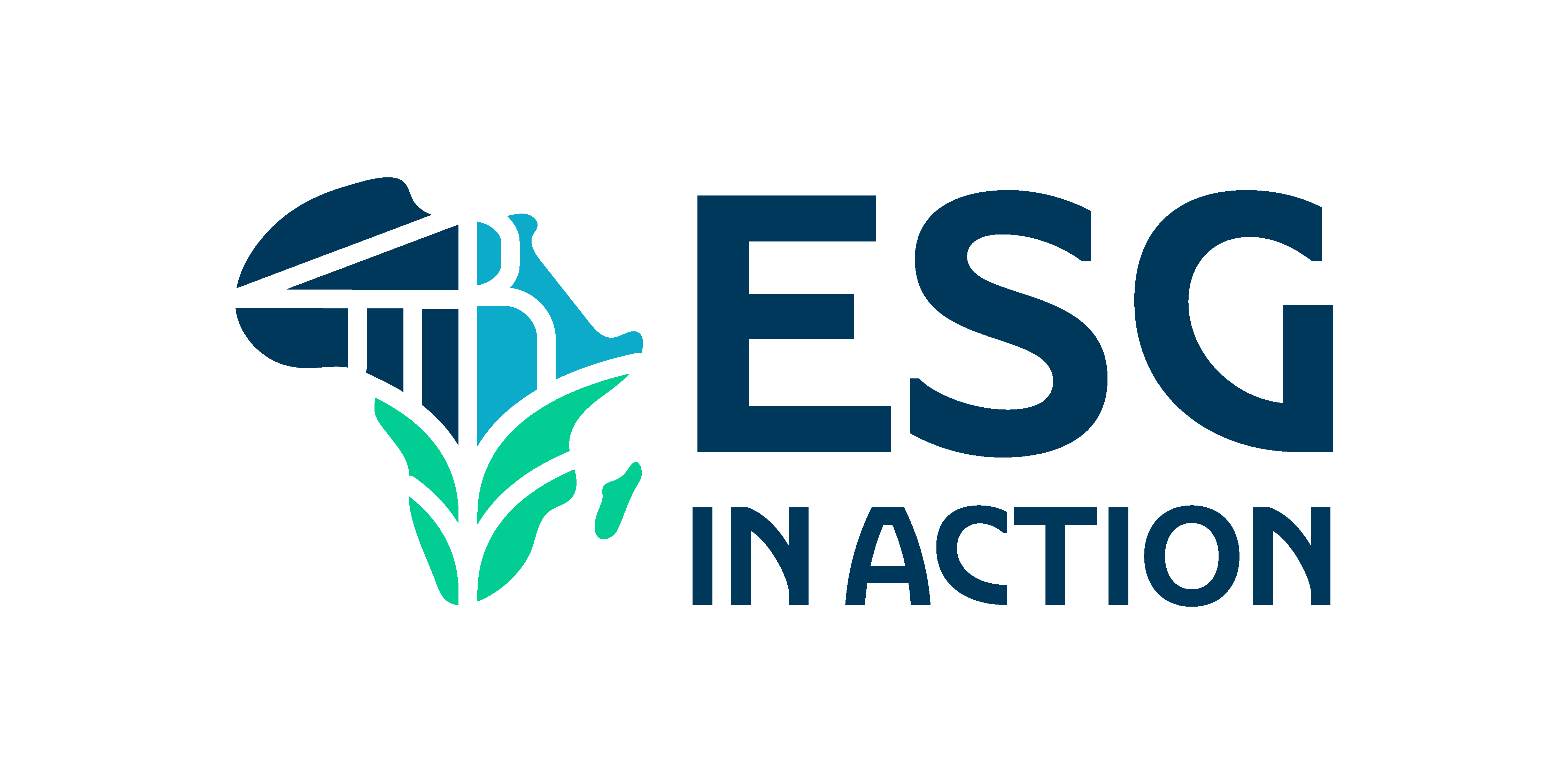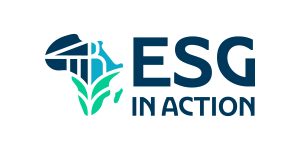
The ROI of ESG: Making the Business Case for Sustainability Investment in Your 2025 Budget
It is not news that sustainability has evolved from a voluntary commitment to a fundamental driver of growth and competitiveness (we have stated this multiple times in previous articles). This evolution is influenced by rising consumer expectations, regulatory pressures, and the recognition that companies prioritising Environmental, Social, and Governance (ESG) factors tend to outperform their peers.
For African organisations, integrating ESG considerations into their strategic frameworks is critical, especially as we move into 2025. Thus the 30 trillion dollar question: how can businesses justify these ESG-related investments? The answer lies in the substantial returns that they can generate, through value creation as well as value protection.
The Imperative for ESG Investment


As more corporate organisations recognise the importance of sustainability, it is evident that adopting sustainable practices is becoming a key success factor. For instance, findings from a recent study by McKinsey & Company indicate that companies excelling in ESG performance experience greater profitability and reduced earnings volatility than those with weaker sustainability practices. These insights not only demonstrate the financial advantages of adopting ESG initiatives but also emphasise the need for organisations to embed these principles into their strategies.
A relevant case is the multinational retailer, Walmart, which has made significant strides in sustainability. By adopting more sustainable sourcing practices and committing to zero waste in its operations by 2025, Walmart has enhanced its environmental credentials and also realised significant cost savings through improved supply chain efficiencies. This illustrates that ESG investments can drive profitability and simultaneously address critical environmental challenges.
Successful ESG Investment Case Studies


Numerous organisations have successfully integrated ESG principles into their operations, demonstrating tangible benefits:
- Danone, a global leader in dairy and plant-based products has embedded sustainability into its business model through its “One Planet. One Health” initiative. By committing to sustainable sourcing and reducing its carbon footprint, Danone has not only enhanced its brand reputation but has also reported increased sales in its sustainable product lines. The company’s experience illustrates how aligning sustainability with business objectives can yield significant financial returns.
- Nordea Bank has embedded sustainable finance into its core strategy, focusing on responsible investment and lending practices that support environmentally and socially conscious projects. By prioritising financing for green energy, climate action, and community development, Nordea not only mitigates risks but also strengthens relationships with clients and stakeholders committed to sustainability. This approach has enhanced Nordea’s reputation and operational resilience, positioning it as a leader in sustainable banking.
- Nestlé has focused on sustainable agriculture as part of its corporate strategy. By investing in programmes that promote responsible sourcing and environmental stewardship, Nestlé not only improves its supply chain resilience but also builds positive relationships with local communities. This dual approach has proven beneficial, enhancing both the company’s reputation and its operational efficiencies.
The ROI of ESG: Key Metrics to Consider


When preparing to make the case for ESG investments in your 2025 budget, it is essential to highlight specific metrics that demonstrate potential ROI. Here are key areas to focus on:
- Cost Savings through Operational Efficiency:
Investments in energy-efficient technologies can lead to dramatic cost reductions. The International Finance Corporation (IFC) has shown that energy efficiency improvements in commercial buildings can yield an ROI of 20-30%. For instance, by implementing smart building technologies, companies can optimise their energy use, leading to significant savings on utility bills. - Strengthening Brand Loyalty and Reputation:
Companies that integrate ESG into their core strategies often enjoy enhanced brand loyalty and customer trust. A Nielsen survey indicates that 66% of consumers are willing to pay more for products from sustainable brands. This commitment to sustainability can translate into increased market share and access to capital as well as customer retention. - Attracting and Retaining Top Talent:
The modern workforce, particularly millennials, Gen Z, and the newly minted Zillenials, increasingly seek employment with organisations that align with their values. Companies that demonstrate a commitment to social responsibility are more likely to attract and retain top talent. In our interactions with clients, we have seen that businesses with strong ESG commitments experience lower employee turnover, which translates to substantial savings in recruitment and training costs. - Improving Access to Capital:
The growing emphasis on sustainability has opened new avenues for financing. According to Bloomberg, global ESG assets are predicted to hit $40 trillion by 2030. By incorporating ESG factors into their operations, organisations can tap into new funding sources, including green bonds and sustainable investment funds. - Regulatory Compliance and Risk Mitigation:
With governments enacting stringent environmental regulations, companies prioritising ESG will be better positioned to be compliant and avoid penalties. The World Economic Forum highlights that proactive ESG management can help organisations mitigate risks associated with regulatory non-compliance, which can lead to costly fines and reputational damage.
Crafting Your 2025 Budget Proposal


As you prepare to advocate for ESG investments in your 2025 budget, consider the following strategies:
- Conduct a Comprehensive Assessment:
Evaluate your current practices and identify areas for improvement. Engaging with your stakeholders can provide valuable insights into their sustainability priorities and expectations, enabling you to align your initiatives with their needs and drive meaningful change. - Frame ESG as a Strategic Investment:
Present ESG initiatives not merely as compliance costs but as strategic investments that can drive growth and mitigate risks. Highlight potential cost savings, revenue growth, and improved stakeholder relationships. - Leverage Data and Case Studies:
Use relevant data and real-world examples to support your claims. Demonstrating the tangible benefits that other organisations have realised through ESG investments will strengthen your case.
Conclusion
Investing in ESG is not just about regulatory compliance; it’s about creating a sustainable future for your organisation and the communities it serves. The ROI of ESG initiatives is clear, with numerous examples to illustrate how sustainability can drive financial performance and long-term growth. We hope that as your organisation plans for 2025, you see why it’s essential and valuable to make a case for sustainability investments.


Ultimately, the question you must ask isn’t whether you can afford to invest in ESG, but whether you can afford not to. Start making the case for sustainability today and position your organisation for success in an increasingly competitive landscape. Embrace the opportunity to turn sustainability into a strategic advantage, paving the way for a more prosperous future for your organisation.


If you need help, you can partner with ESGIAA to gain access to expert knowledge and resources that can help you develop tailored sustainability strategies, enhance your ESG reporting, and ensure compliance with evolving regulations.
This collaboration not only bridges the gap between where your organisation is now and where it needs to be but also positions you as a leader in sustainability, ultimately fostering trust and loyalty among your stakeholders.
Click Here to contact us.



